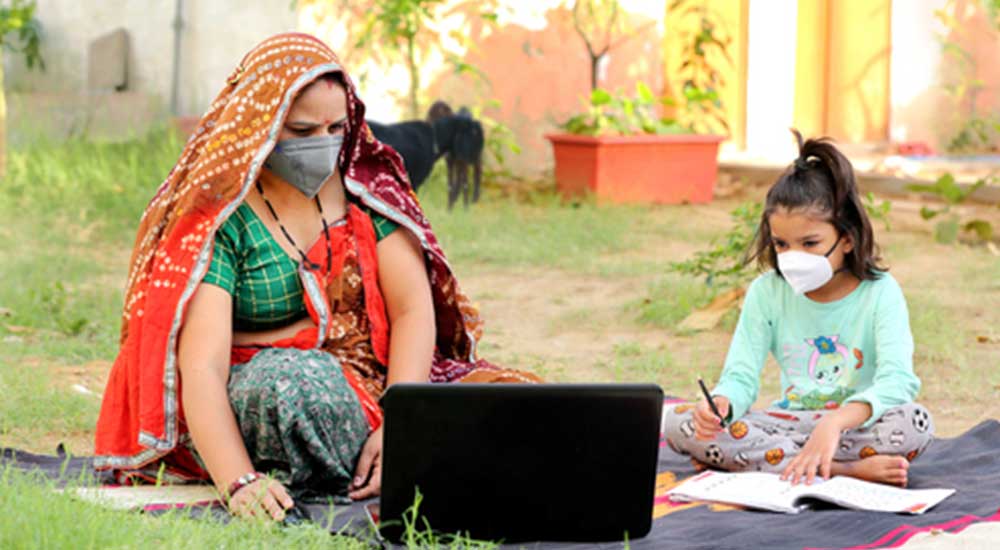The pandemic and the ensuing lockdown has impacted the genders differently, causing a shift in the demand and supply of employment opportunities, particularly for women employed in casual and informal jobs, both in the urban and rural areas.

The unprecedented COVID-19 crisis, as well as the lockdown situation in India caused by it has affected the entire population in multiple ways, although it has impacted the genders differently. Women who have overcome various challenges to secure their livelihoods suddenly find themselves facing the possibility of losing these gains. We also stand to lose out on the aggregate gender gains that have been hard-fought over the past decade towards SDG 5.
In the short term, there has been a shift in the demand and supply of employment opportunities, particularly for women employed in casual and informal jobs, both in the urban and rural areas. The rural areas suffer from a different scenario, a large number of migrant labourers are returning, are likely to threaten the livelihoods of women engaged as labourers or on their farms. As typically a male labourer is always preferred to a woman worker, this is likely to push women to household work burdened with increased responsibilities and unpaid work at home. Girls would be asked to stay at home and assist their mothers. On the other hand, the supply of jobs has dramatically reduced with the lockdown, which has brought many industries and businesses to a standstill in the urban areas.
Self-employed women running their businesses are suddenly facing uncertainty and cash crunch. Not being technology-savvy, gender digital divide inhibits them from accessing e-commerce platforms, which have emerged as alternates models for business. In urban areas, women are expected to engage in remote work, which is posing to be a challenge in the absence of daycare facilities and the school shut down, particularly for the nuclear family households. Another important aspect relates to the assessment of the effectiveness of the funding assistance through the DBT route under various schemes and food support reaching them, and whether these women will be able to avail the benefits announced recently for small businesses to improve their situation adequately. It is not a surprise given that women typically spend three times as much time as men on unpaid care and domestic work (UN Women, 2020) where will the equilibrium settle, and what will happen as the lockdown is lifted? Will the urban industries and businesses bounce back to their previous state, or will there be a permanent shift in the employment market, based on the changed equation of migration decisions by these women and their families?
The medium-term poses an array of different questions. Given the disruption faced by the lockdown, will the gains in education enrollment, skilling and self-employment be sustained after the lockdown is lifted? While all children's education is disrupted during the lockdown, a shift in the balance of household chores during this time poses a disproportionate threat to girls being able to return to school at all. And what about the women who had fought hard battles to invest in their skilling, and even self-employment? Will they be able to recover from the financial crunch and uncertainty posed by the lockdown? Or more importantly - what can we do to put in place measures that will ensure that these girls all return to school, and women to their workplaces? An important question in this regards is how best we can mitigate the negative consequences facing micro-enterprises and businesses in demand and credit, whether Government's response for MSMEs is adequate, and whether any additional measures need to be put in place to make it accessible for women-led enterprises.
The unprecedented COVID-19 crisis brings with it these challenging questions about the short and long term impact on Indian women's livelihoods. We urgently need to understand the implications from all angles, to prepare ourselves for the new reality as the COVID-19 situation and the accompanying slowdown evolves over the coming months. Acting now will enable us to avoid losing the ground we have gained so far in the battle against gender inequality.
